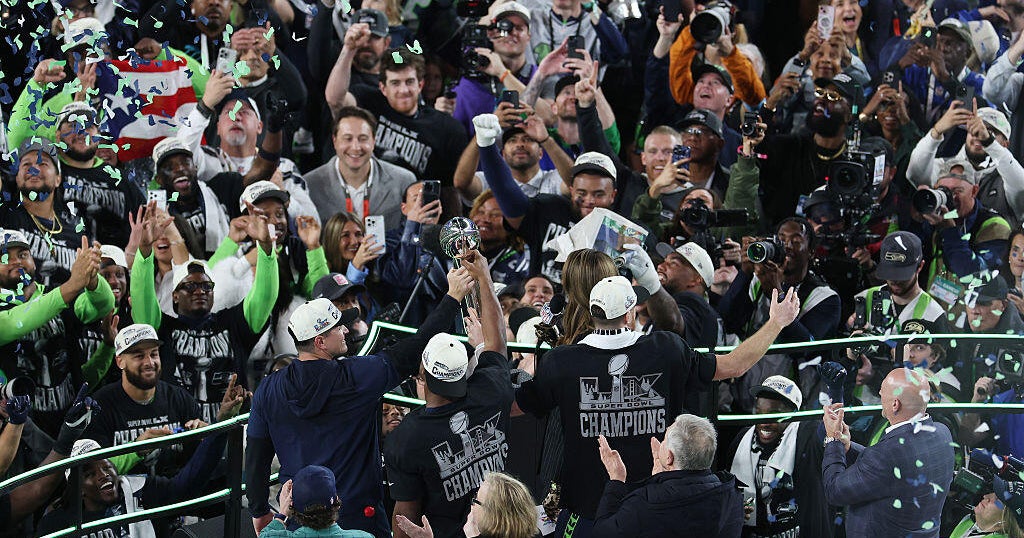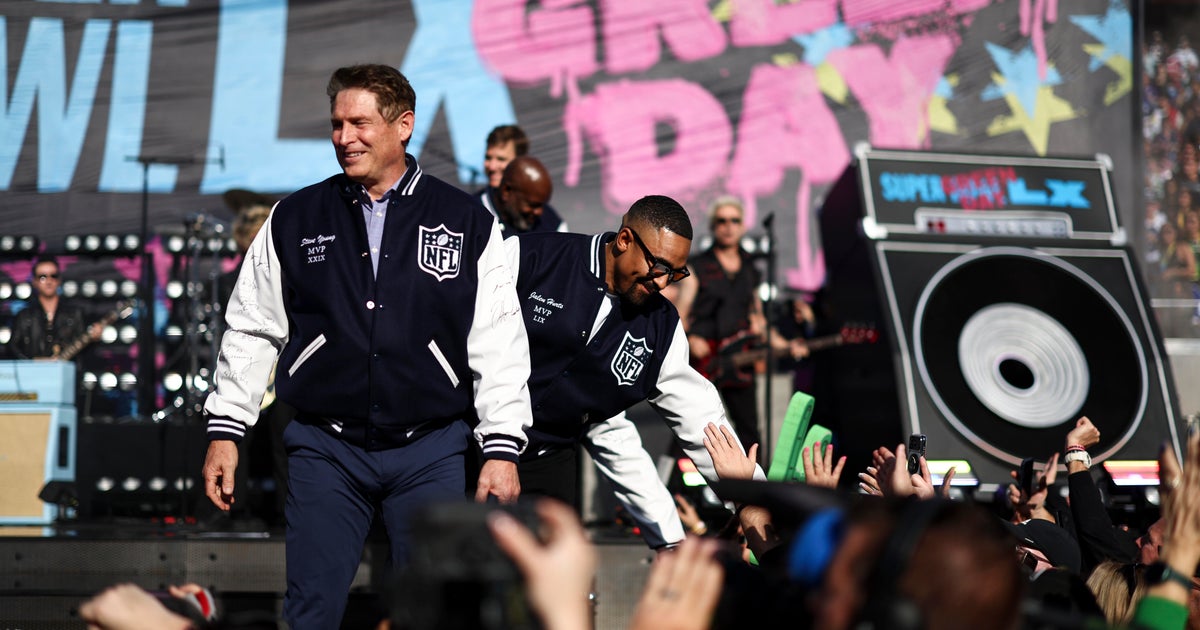Durkin: Quarterback Change Doesn't Spark Bears Offense
By Dan Durkin-
(CBS) When Bears coach Marc Trestman explained his decision to bench big-money quarterback Jay Cutler in favor of Jimmy Clausen, he said the offense needed a lift at the position and as a whole needed a spark. Judging by Sunday's output, they need to shun the flint and steel ignition approach for butane.
A gutsy performance by the Bears defense and special teams, combined with a undisciplined and Jim Schwartz-ian effort by the Lions, was all for naught as Chicago fell to 5-10 with a 20-14 loss to Detroit on Sunday at Soldier Field.
Obviously, any expectations of the offense being jump-started by a quarterback who hadn't made a start in the NFL in nearly four years were unrealistic. This wasn't a Kurt Warner or, dare I even say, Josh McCown situation in the works.
Podcast
To be fair to Clausen, he performed admirably given the circumstances. He had a short week to prepare for the league's top scoring defense. He was clearly rusty out of the gate but settled down as the game progressed. With the exception of the final play of the game -- an interception on a fourth-and-10 deep ball -- he played clean, recognized blitzes and properly executed the team's packaged plays.
"Jimmy, as the game went on, continued to get more comfortable," Trestman said. "We were able to balance it out a bit and give him some help with some runs. We didn't necessarily, all of u,s help him in the way we could today."
Certainly, the last portion of Trestman's statement is in regards to the dropped passes -- seven by my count -- by Bears' receivers that were drive killers. Four of those drops -- two on the final drive of the game -- belonged the typically sticky-handed Alshon Jeffery, who put the loss on himself.
"I had too many dropped balls," Jeffery said. "On third down, you've got to make those plays. I blame that loss on me."
It's admirable for Jeffery to be accountable to his teammates, but that's not the singular reason the Bears lost Sunday's game.
As has been the case all season with both Cutler and Clausen calling the shots, the explosive element of the Bears offense has been non-existent. Jeffery's 20-yard touchdown reception was the Bears' longest play from scrimmage and their only "explosive" passing play (defined as 18 or more yards) of the day.
Just look at the final numbers. The Bears ran 63 offensive plays and gained only 234 yards, which works out to 3.7 yards per play. Clausen averaged just 4.6 yards per passing attempt, finishing 22-of-39 for 181 yards, two touchdowns and interception and a 77 passer rating.
Without a vertical threat, the Bears have been minimized to a horizontal passing attack. Their deep throws are out of obligation, low-percentage propositions that momentarily force opponents to be concerned about the top being taken off. Ultimately, foes squeeze down passing lanes and play closer to the line of scrimmage.
It's typically noted in NFL circles that you have a sense of where a franchise is headed after a coach's second season. Judging by the regression on offense this season, which is Trestman's supposed specialty, it's safe to conclude this team isn't just bad but also pointed in the wrong direction.
Heading into their final game of the season, the Bears have yet to crack 30 points and are scoring below league average. Under Trestman, the Bears are now 3-8 against the NFC North and have only beaten one team with a winning record in two seasons.
Contrary to what Trestman and general manager Phil Emery said at their midseason state of the union, the answers aren't in the building.
Dan Durkin covers the Bears for CBSChicago.com and is a frequent contributor to 670 The Score. Follow him on Twitter at @djdurkin.







